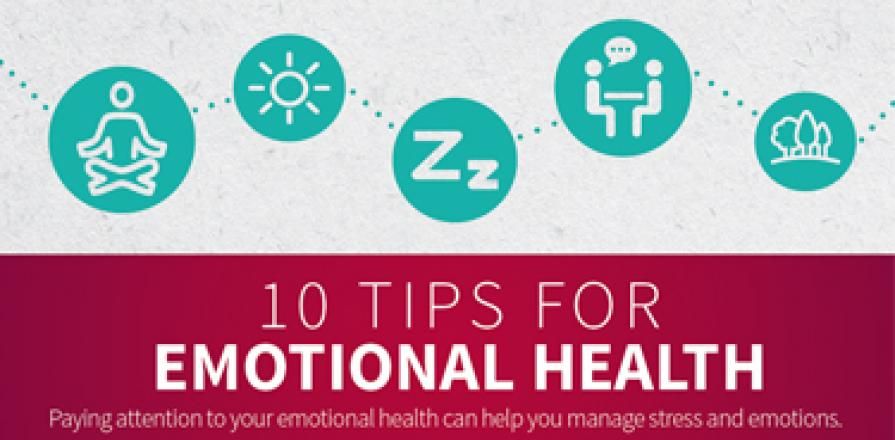Emotional well-being is an important aspect of overall health. In today’s fast-paced world, it’s easy to get caught up in the stress and pressures of daily life. However, there are several practices that can help improve your emotional well-being and bring more balance into your life.
1. Practice Mindfulness
Mindfulness involves focusing on the present moment and paying attention to your thoughts and feelings without judgment. This practice can help reduce stress and anxiety, improve emotional regulation, and enhance overall well-being.
2. Engage in Regular Exercise
Exercise is not only beneficial for your physical health but also your emotional well-being. Regular physical activity can help reduce symptoms of depression and anxiety, boost self-esteem, and improve mood.
3. Cultivate Healthy Relationships
Having strong and supportive relationships with friends and family members is crucial for emotional well-being. Make time to connect with loved ones, communicate openly, and seek support when needed.
4. Practice Gratitude
Gratitude is a powerful practice that can help shift your focus from what’s lacking in your life to what you’re thankful for. Take time each day to reflect on the things you’re grateful for, no matter how big or small.
5. Get Quality Sleep
Sleep plays a vital role in emotional well-being. Aim for 7-9 hours of quality sleep each night to help regulate your mood, improve cognitive function, and reduce stress levels.
6. Set Boundaries
Setting boundaries with yourself and others is essential for maintaining emotional well-being. Learn to say no to things that drain your energy and prioritize activities that bring you joy and fulfillment.
7. Practice Self-Compassion
Be kind to yourself and treat yourself with the same compassion you would show a friend. Practice self-care, forgive yourself for mistakes, and embrace your imperfections.
8. Engage in Hobbies and Activities You Enjoy
Participating in activities that bring you joy and fulfillment can help boost your mood and overall well-being. Whether it’s painting, gardening, or playing a musical instrument, make time for hobbies that nourish your soul.
9. Seek Professional Help When Needed
If you’re struggling with your emotional well-being, don’t hesitate to seek help from a mental health professional. Therapy, counseling, and other forms of treatment can provide valuable support and guidance.
10. Practice Stress-Management Techniques
Stress is a common part of life, but it’s important to manage it effectively to prevent it from taking a toll on your emotional well-being. Try relaxation techniques such as deep breathing, meditation, or yoga to help reduce stress levels.
By incorporating these practices into your daily routine, you can improve your emotional well-being and lead a more fulfilling and balanced life. Remember to prioritize self-care, seek support when needed, and make your emotional health a priority.
